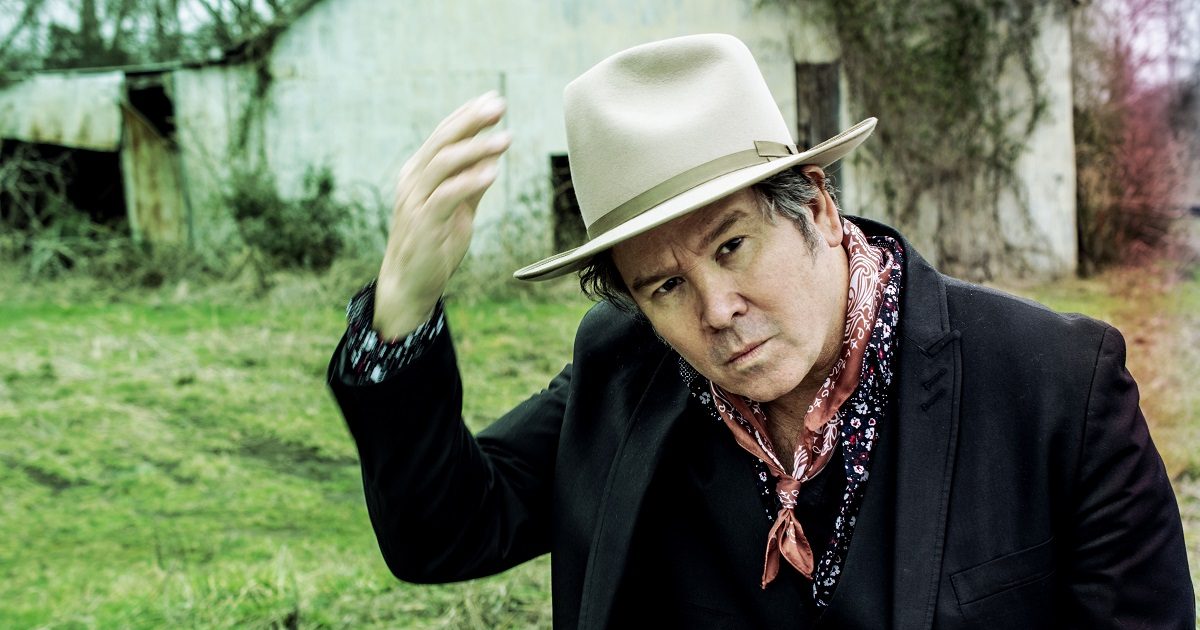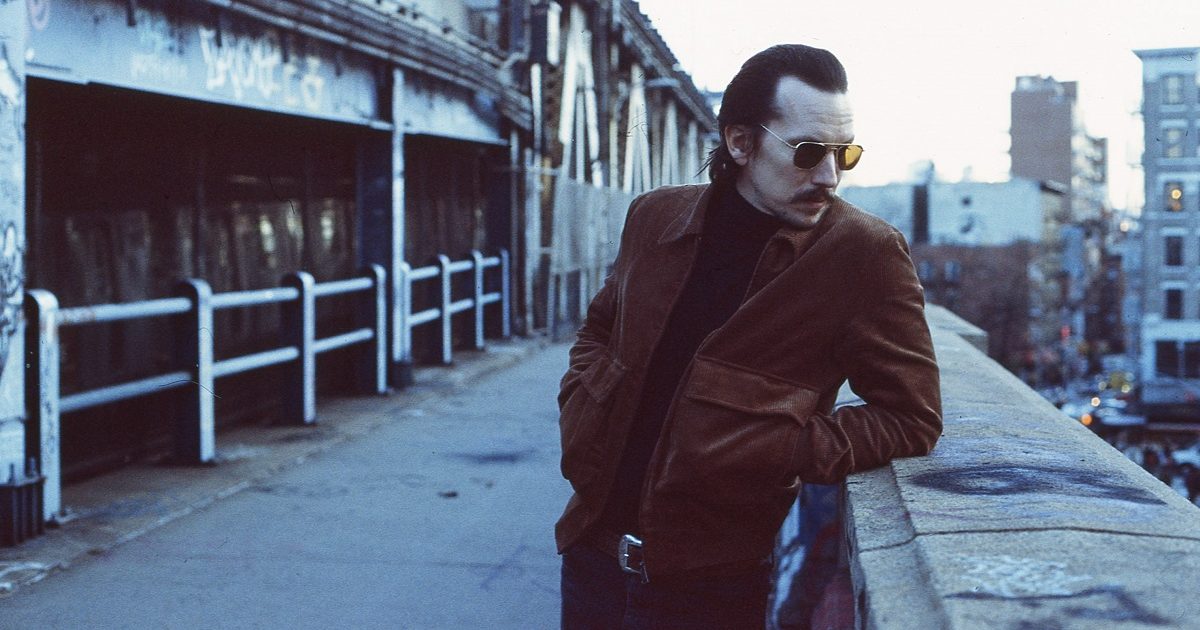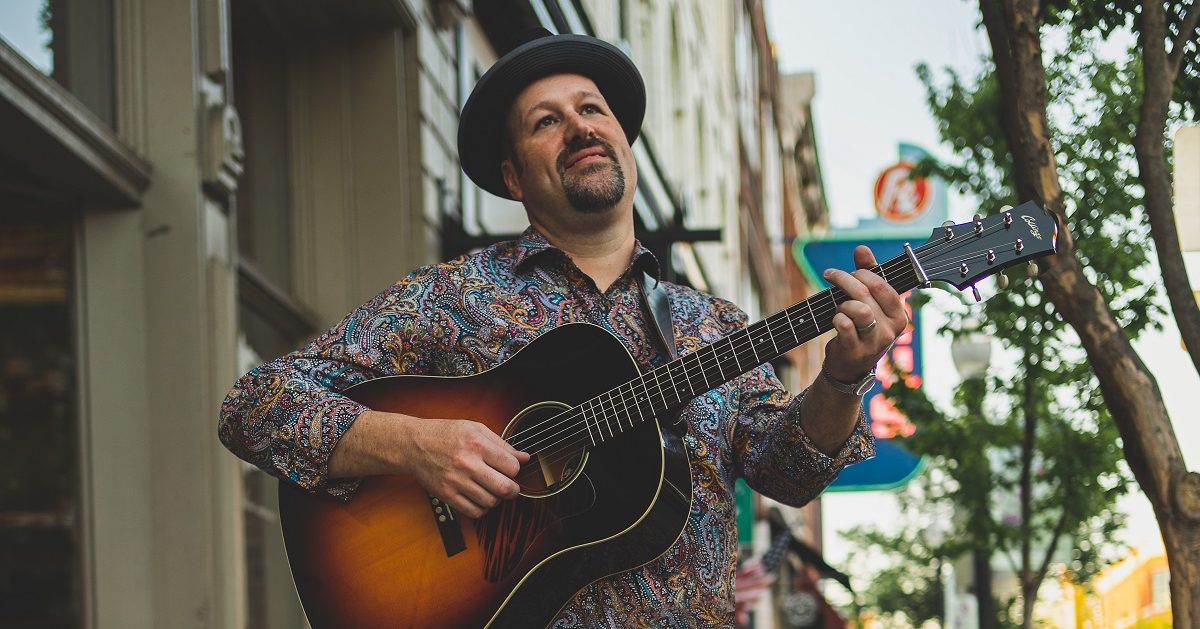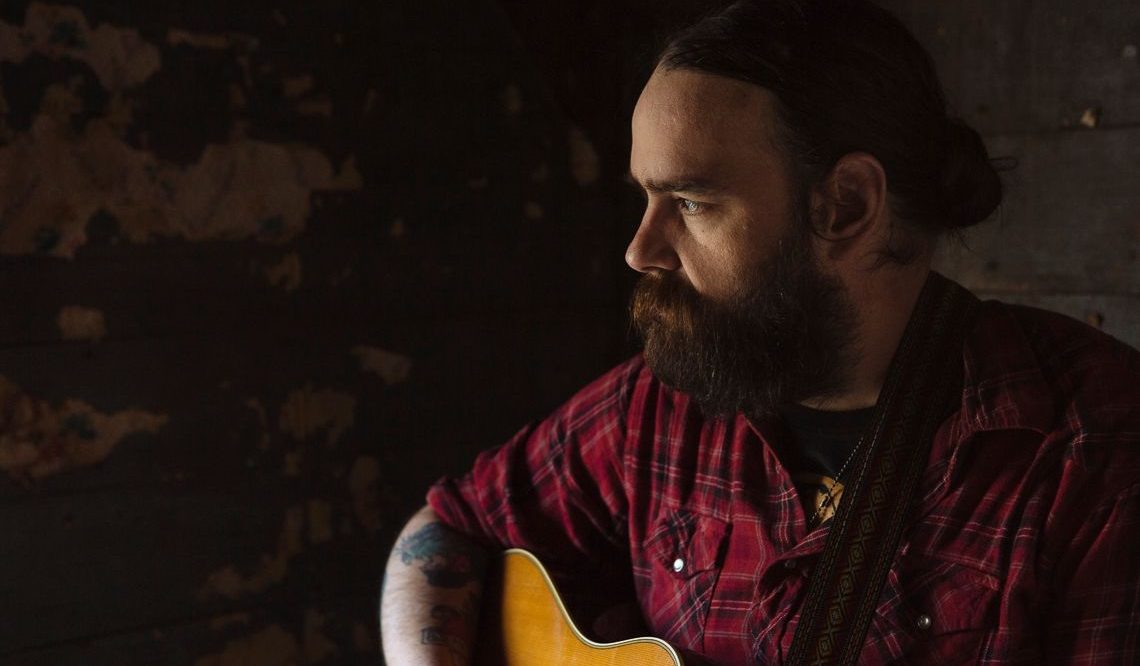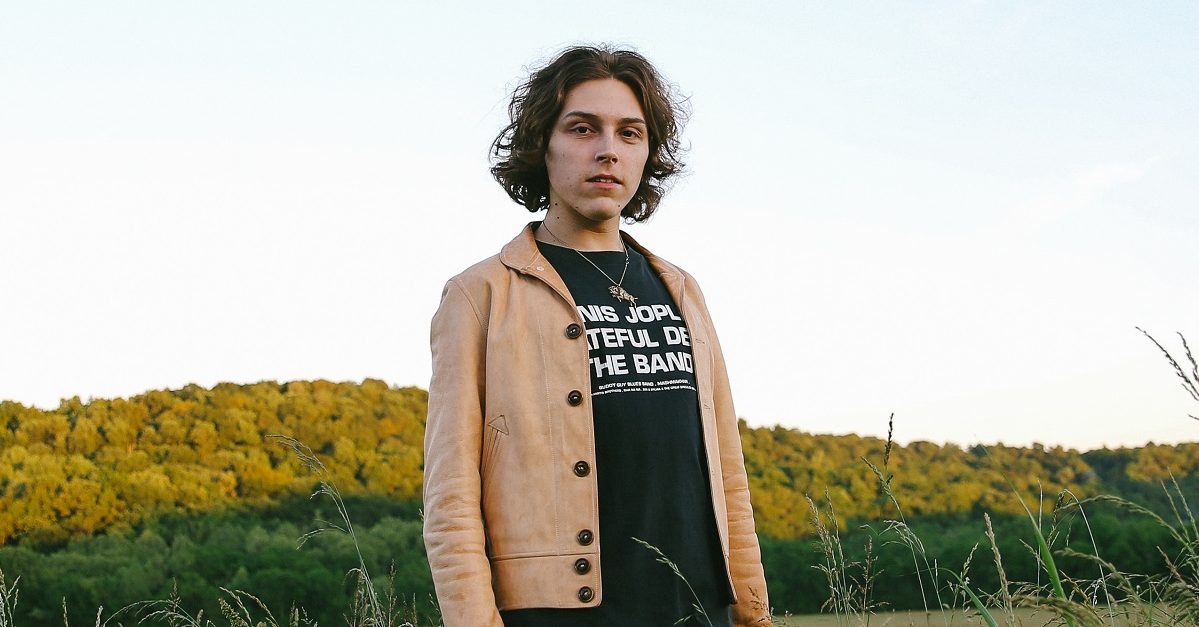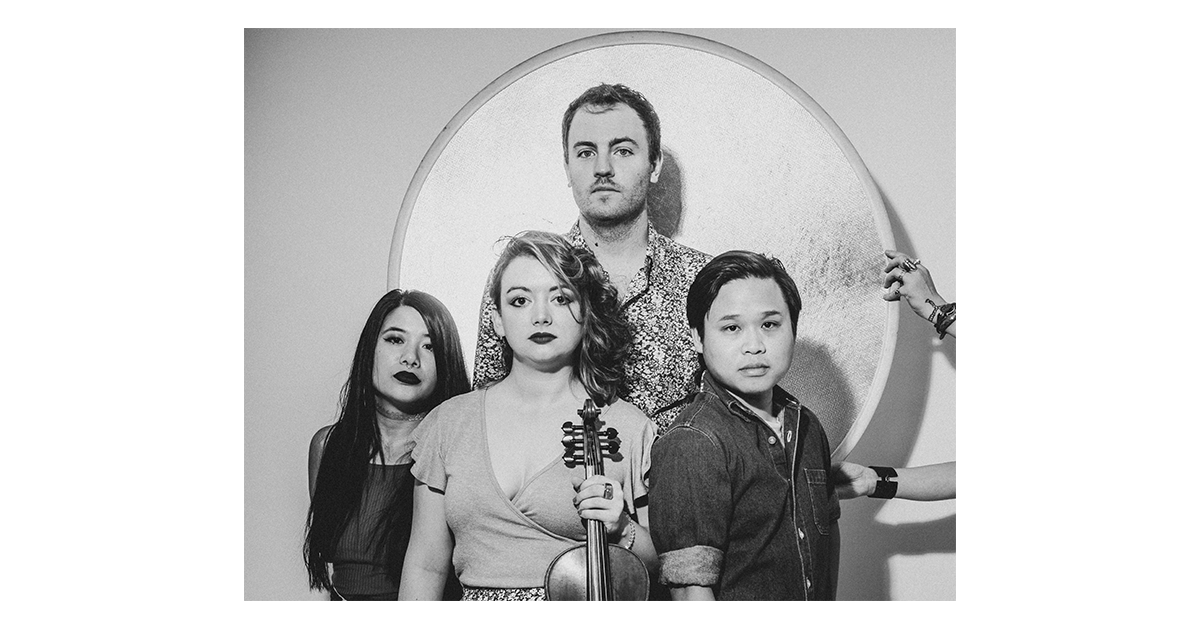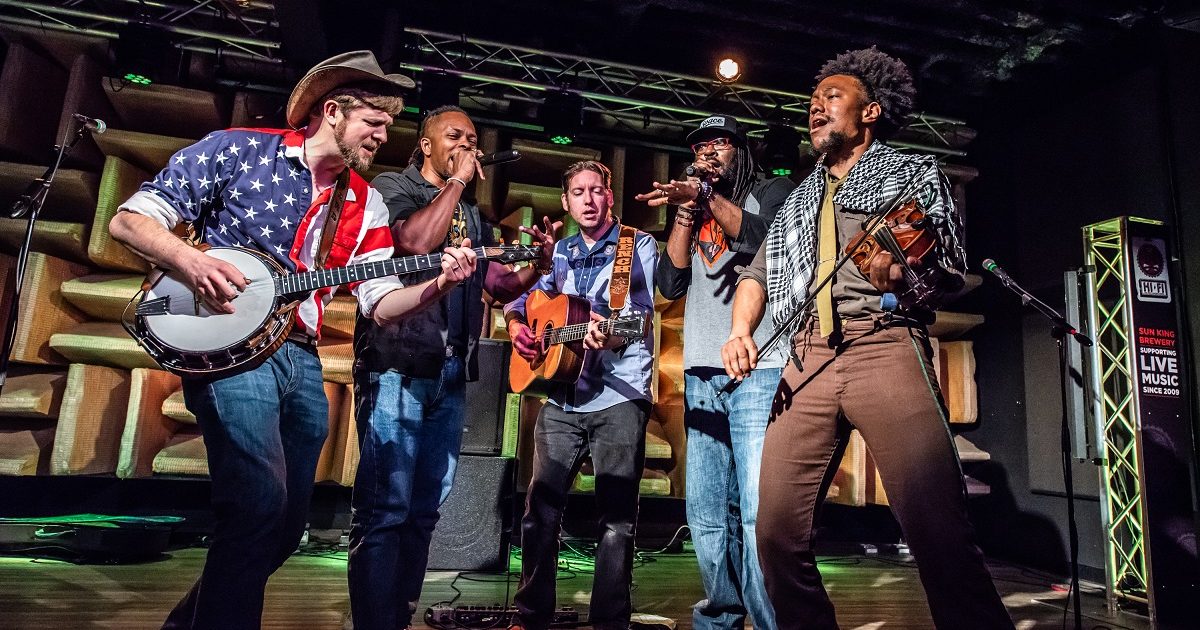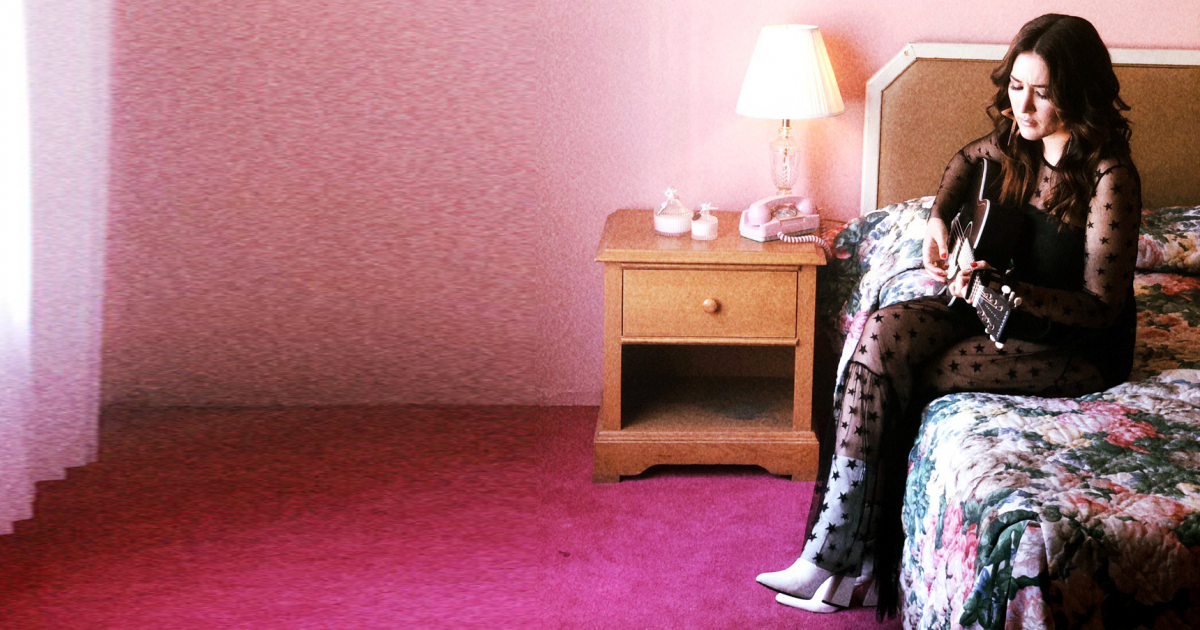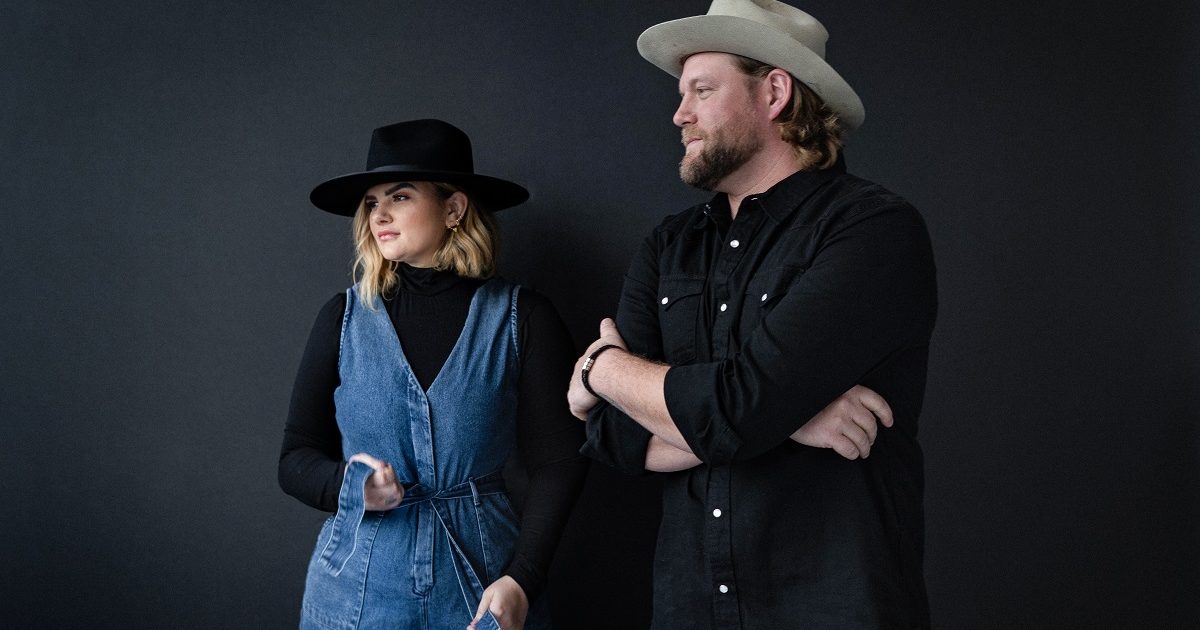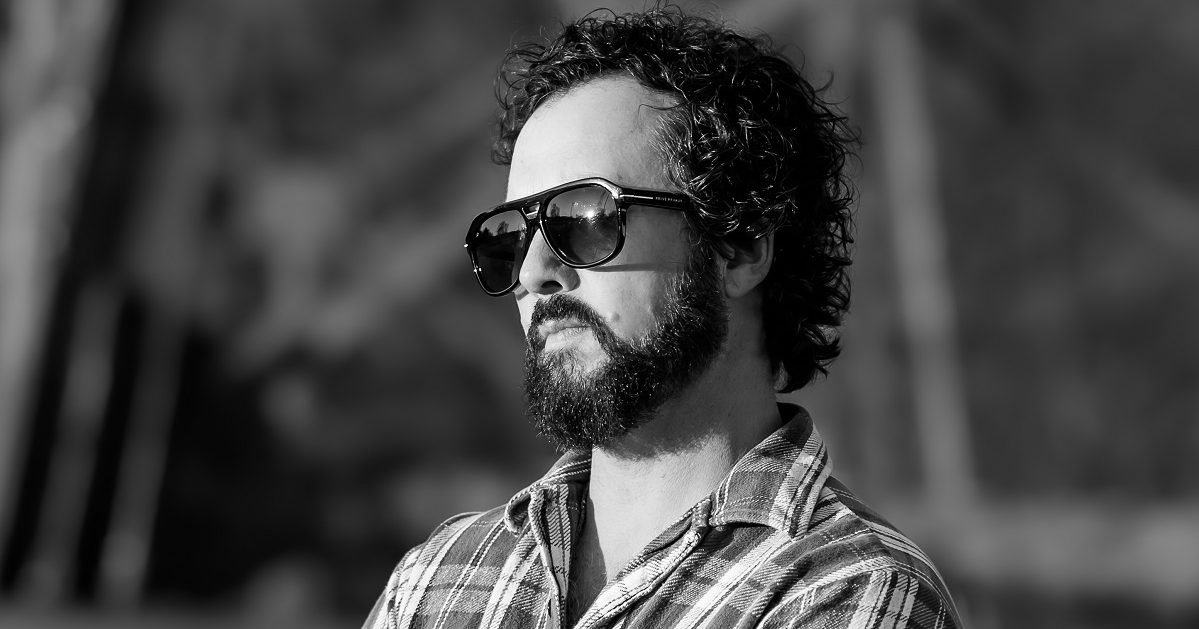Artist: Grant-Lee Phillips
Hometown: Nashville, Tennessee
Latest album: Lightning, Show Us Your Stuff
Personal nicknames (or rejected band names): Pistol, Ranchero
Which artist has influenced you the most … and how?
Neil Young I suppose. His music hit me at just the right time. I had been playing guitar for two years when I first heard “Down by the River” and “Cortez the Killer.” I was 16. My ears were wide open. Young’s songs spoke to me like no other. He was also the first singer I saw in concert. All alone, with a rack of acoustic guitars, an upright piano on one side of the stage, a grand on the other, a pump organ. I was mesmerized.
What was the first moment that you knew you wanted to be a musician?
My family loved music. Hee Haw was a big one. We never missed a show. My grandma loved Elvis and Johnny Cash. The excitement I felt when Roy Clark played “Orange Blossom Special” or “Foggy Mountain Breakdown” on the electric guitar, I wanted to feel that all the time. The TV show Austin City Limits introduced me to Lightning Hopkins, John Prine and Tom Waits. I recall those moments like yesterday.
What’s the toughest time you ever had writing a song?
The hardest prolonged period of song wrestling was back in the ‘90s after Grant Lee Buffalo had put out a few albums. The pressure was on to deliver. The question was, deliver what to whom? I did my best to put all that noise out of my head. You can go from dancing on a ledge like Buster Keaton one minute to vertigo the next. Thankfully I had come across the film director Andrei Tarkovsky’s defiant book Sculpting in Light and that became a temporary manifesto.
What other art forms — literature, film, dance, painting, etc. — inform your music?
I paint a great deal these days. Landscapes and still life. It slows me down and demands another degree of focus. Composition involves strategic thinking but there’s a wild side to painting. I like that balance. It gives me insight to making music.
Which elements of nature do you spend the most time with and how do those impact your work?
Tennessee is one of the greenest states in the country. I’m never so in tune with my own spirit as when I surrounded by elms and oaks. During this pandemic our family has made a point to take a drive every day. We drive through the country, roll down the windows and breathe some fresh air. One of my other rituals involves drawing. Every day I set aside 20-30 minutes to sketch. I have notebooks full of trees, landscapes in the works. Trees, clouds — that’s my sanctuary. Some of these images find their way into my lyrics, which is just another way of painting a picture.
Photo credit: Denise Siegel-Phillips
